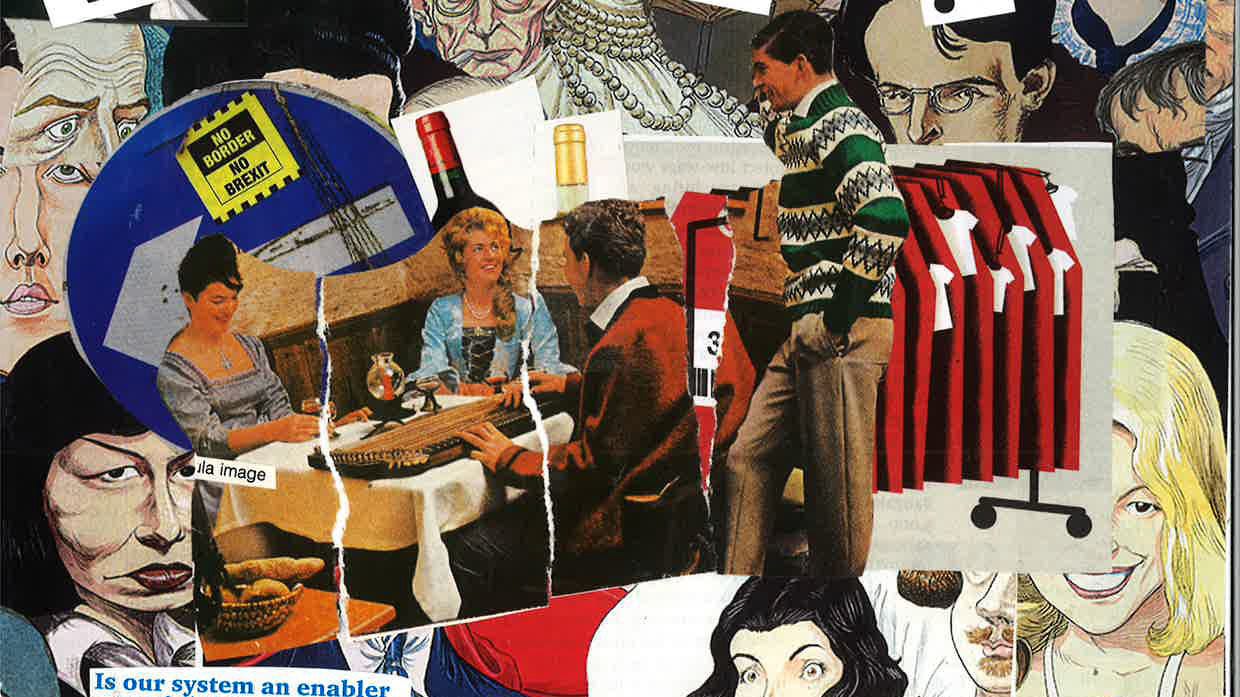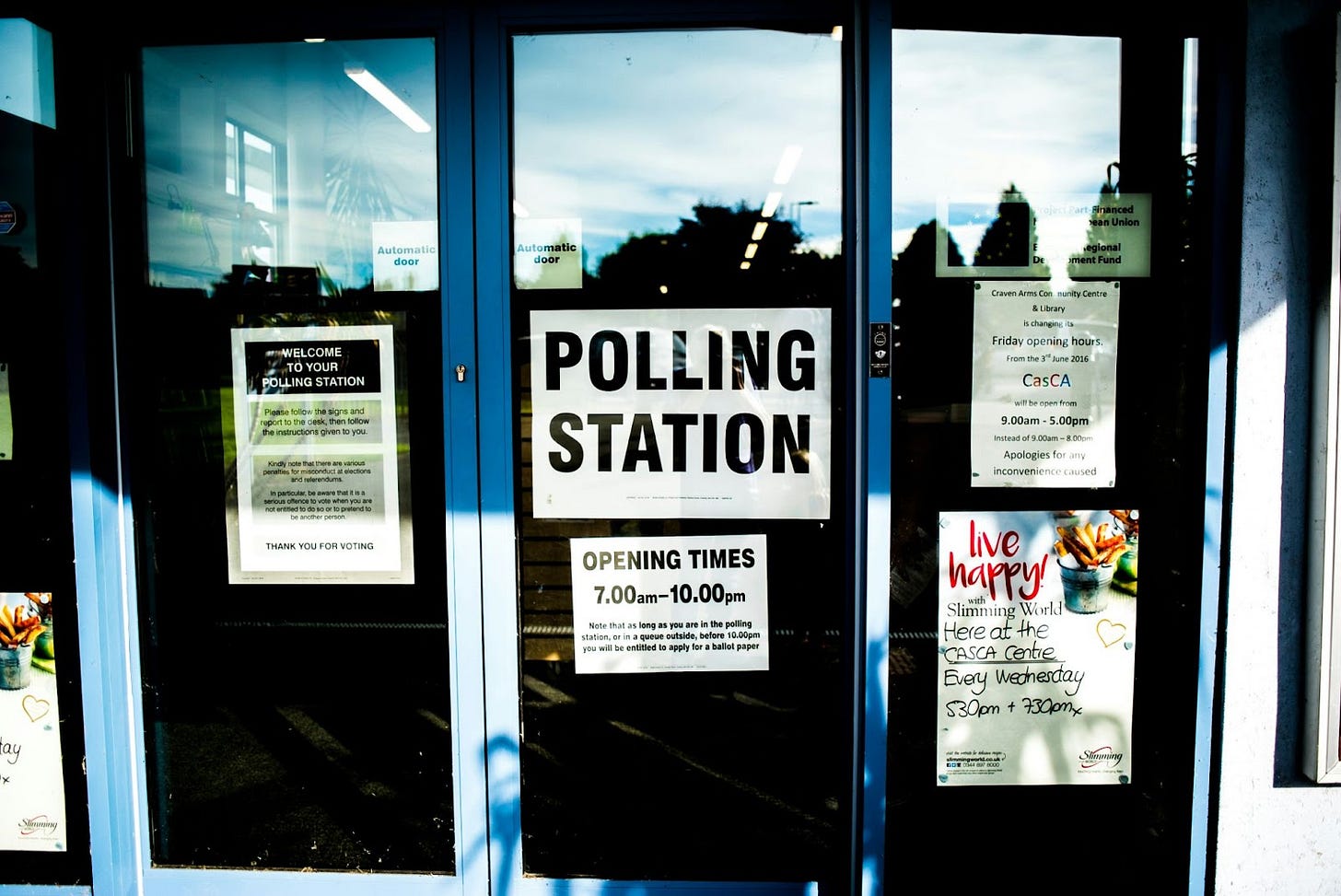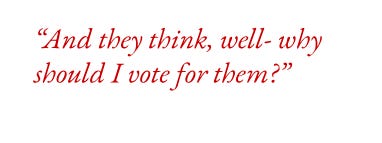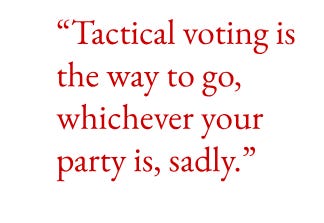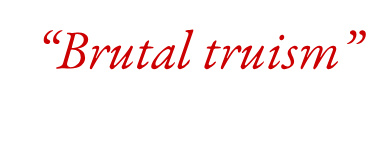Parliament falls out of favour with the electorate ahead of the next General Election
Within a year, I will be voting- alongside the rest of the nation- in the next General Election. But I can’t seem to identify with any of the current political parties and their policies.
It’s hard to pick a party to vote for when I don’t agree with any of their policies. A 2023 Ipsos poll revealed that eight in ten Britons are currently dissatisfied with how the government is running the country, with 58% expecting worse to come. Clearly, I am not the only politically disengaged member of the public. So I ask the question- if no one is representing me at the ballot box, who am I supposed to vote for?
Turning to others for advice, Oxfordshire County Councillor Tim Bearder told me that the electorate “…gets despondent and disparaged about actually voting because they've got no one on the ballot paper that actually represents their views. And they think, well- why should I vote for them?”
“The younger generation have been completely ignored by this government as successive governments. And they’re ignored often on a local level as well because they don’t vote.”
“And so their views are, frankly, unimportant to politicians. And with their (Labour) position on what is probably the biggest issue for young people, which is climate change, they just rolled back on their commitment to £28 billion a year, spending on green initiatives has been canned. People are voting to get rid of the Conservatives rather than because they like Labour.”
From what I have learnt, the current trend within parliament has left the electorate disillusioned and disengaged, as satisfaction with parliament falls. Ipsos revealed that in 2023, only 27% of UK voters are satisfied with the current government, as voter identity falls out of fashion.
This theory of the disengaged voter is by no means a modern concept. Coined by political scientist Paul Webb, there are two types of disengaged voters; the ‘dissatisfied democrats,’ or those politically interested citizens who are dissatisfied with the current state of politics, and the ‘stealth democrats,’ those less politically active citizens, who no longer find themselves identifying with how the parties currently stand.
“I think there is a problem, particularly amongst Conservative voters at the moment,” Oxfordshire County Councillor Liz Leffman tells me, “I spoke to a 92-year-old in Chadlington the other day, and she told me she had always been a member of the Conservative party, and this time she wasn’t sure what to do.”
“I think that this time there is a general sense that they are disengaged from their own party that they have supported for many years. So, I think the reason for that is a lot of what the Conservative government is doing isn’t aligned with what the Conservative voters want.”
Councillor Leffman continued to say that; “For instance, I live in the Banbury constituency now, we have a Conservative MP, I’m a Liberal Democrat, but I know that if I wanted to get rid of the Conservative MP, really my best chance is to vote Labour. But I don’t want to vote Labour. It’s disaffecting.”
Councillor Bearder agreed with Leffman, advising me that “First of all, absolutely vote and give the vote some consideration. Because in Oxfordshire, if you want to get rid of the Conservatives, which I think is the number one priority, then you should vote Labour in Oxford East, and Liberal Democrats in any other seats in Oxfordshire, because we’re the only ones in Tory heartlands that can beat the Conservatives. So tactical voting is the way to go, whichever your political party is, sadly.”
But surely this hasn’t always been the case? So, I turn to the academics to see how they can help me.
Professor Axford, Professor of Politics at Oxford Brookes University, said:
“When I was growing up, when you said you were a supporter of the Labour party, or the Conservative party that had a fairly clear cut meaning for people, they understood what that means in terms of what Labour stood for, and Conservatives stood on.”
“So there’s an era of politics passing. And you can broadly understand that as the modern era is made up of mass political parties represented by the parties of the left and the right, and so forth- that seems to be breaking down.”
Dr Wheatley, Senior Lecturer in Comparative Politics at Oxford Brookes University, highlighted that this change in policies is a dramatic attempt to claw back their core supporters. Dr Wheatley speaking on the current Conservative government said that “…the aim is to shore up against its 2019 supporters, so effectively it’s trying to pull back those that are threatening to vote for reform UK. So, it’s trying to consolidate the right-wing vote, that is, it’s unlikely to be a winning strategy for the election as a whole, but it could save them.”
This pinpoints my predicament - with parties such as the Conservatives pushing for more controversial policies, their voter base has turned their loyalties. Just this week Reform UK gathered 2,000 new members in 48 hours.
“Now, in terms of Labour, they’re trying to win back those votes that they lost in 2019, a lot of them. So they’re not touching Brexit with a barge pole. Nobody’s saying it, and that’s a real elephant in the room because they’re trying to win back the so-called red wall seats of people who are perhaps quite socially conservative,” Dr Wheatley continues.
As Councillor Beader put it: “If you want to help yourself, it makes sense to vote. It’s essential. It’s a brutal truism that if you don’t you won’t get looked after.”
The reality of this election- as far as I can determine- is that neither party is after my vote. I am caught between a political rock and a hard place ahead of the election, resting in the awkward comfort that I am not the only one.



